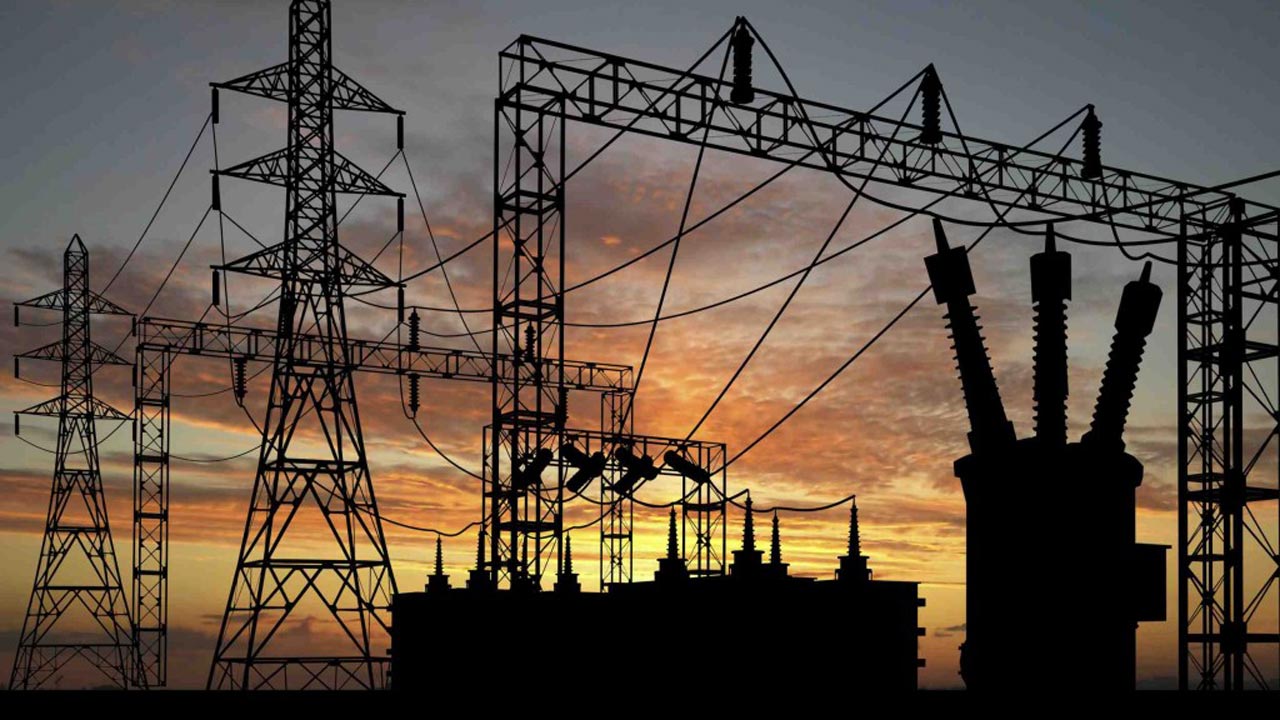 Ahead of the United Nations Climate Change Conference (COP 27) coming up in Egypt later this year, there are indications that African countries are set to reject any option that may hamper continuous exploration and production of hydrocarbons on the continent.
Ahead of the United Nations Climate Change Conference (COP 27) coming up in Egypt later this year, there are indications that African countries are set to reject any option that may hamper continuous exploration and production of hydrocarbons on the continent.
Although Nigeria is targeting to increase the share of renewable energy in its energy mix by about 30 per cent, the Ministry of Petroleum Resources has said renewable energy has a lot of uncertainties.
Minister of State for Petroleum Resources, Timipre Sylva, insisted that the country cannot afford to drop exploration and production of hydrocarbons in place of renewable energy, adding that Africa is not the problem when it comes to climate change.
Like Nigeria, the strong advocacy to part ways with the rest of global leaders in the push for energy transition appears to be gaining ground across the continent.
Recall that Secretary-General of the Organisation of Petroleum Exporting Countries (OPEC), Sanusi Barkindo, had noted that while Africa has about 125 billion crude oil reserves and 16 trillion standard cubic meters of natural gas, mounting pressure to abandon oil and gas could affect the production of the reserves, adding that climate change and energy transition is more of emotions than logic.
Chairman, African Energy Chamber, NJ Ayuk, had similarly noted that oil and gas remain critically important to meet Africa’s economic and energy needs.
“Our countries rely on oil production for revenue and jobs, and natural gas is still an important means of reducing energy poverty. It’s also essential to build much-needed infrastructure so we can industrialise and diversify our economies,” Ayuk noted.
Similarly, the African Petroleum Producers’ Organisation (APPO) had stressed that there’s no justification to call on Africa to abandon its most affordable and reliable resources for something that has not been tried and tested.
Secretary General, APPO, Dr. Omar Farouk Ibrahim, stated that Africa could continue to produce new fossil fuels without external support.
“African oil and gas producing countries cannot make much progress until we are able to undertake a critical evaluation of the dire situation we are going to face with the successful pursuit of the Paris and Glasgow agreements on climate change,” he said.
Sylva disclosed that a collective decision by African petroleum and energy ministers would be presented as a common voice at COP 27, in Egypt, in November, for Africa to be allowed to continue to exploit its hydrocarbon deposits for the development of the continent.
“Nigeria will continue to drive the direction of the narrative for the African energy transition programme. We have stood out to say no to a single track energy transition programme and had and will continue to support a transition agenda that will promote gas and renewed investments in the hydrocarbon sector for Africa.
“Nigeria will continue to advocate gas as a transition fuel for Africa. We have said that we cannot move at the same pace with the rest of the world because we contribute less than two per cent of the global greenhouse gas emission. We are not the problem and we cannot be made to pay for the sins we did not commit,” he said.
Sylva noted that Africa must not abandon its abundant hydrocarbon deposits for the uncertainties of renewable energy, stressing that that would be most unfair.






